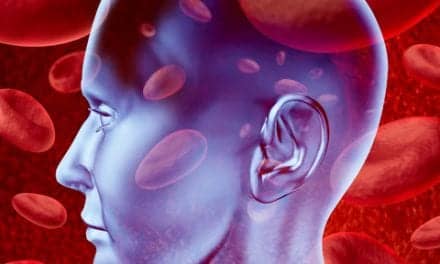AARP: There are sleep problems that mimic dementia. Sleep gives our brains time to learn and filter out toxic substances.
Sleep gives our brain time to learn, store memories and filter out toxic substances. If your sleep-wake cycle is disturbed or you have insomnia, you may experience dementia-like symptoms such as trouble focusing, confusion, mental fatigue and irritability.
Studies have shown that insomnia affects 30 to 48 percent of older people. If you are struggling to get shut-eye, experts recommend limiting or eliminating daytime naps, restricting the use of alcohol and caffeine in the evening, and following a consistent sleep schedule and other good sleep hygiene habits. If those remedies don’t work, cognitive behavioral therapy can help. Ellison cautions against the use of sleep medications except in the very short term and under a doctor’s guidance.
Some older adults also suffer from sleep apnea, a sleep-related breathing problem that can deprive your brain of the oxygen it needs while you slumber, possibly causing long-term damage. Many patients don’t realize they have the condition, Ellison says. Inform your doctor if you have signs of apnea, such as loud snoring, waking up gasping or choking, uncontrolled high blood pressure, a morning headache or a dry mouth upon waking.
If you are diagnosed with sleep apnea, using a continuous positive airway pressure machine (CPAP) while you snooze has been shown to be an effective treatment, Ellison says.




